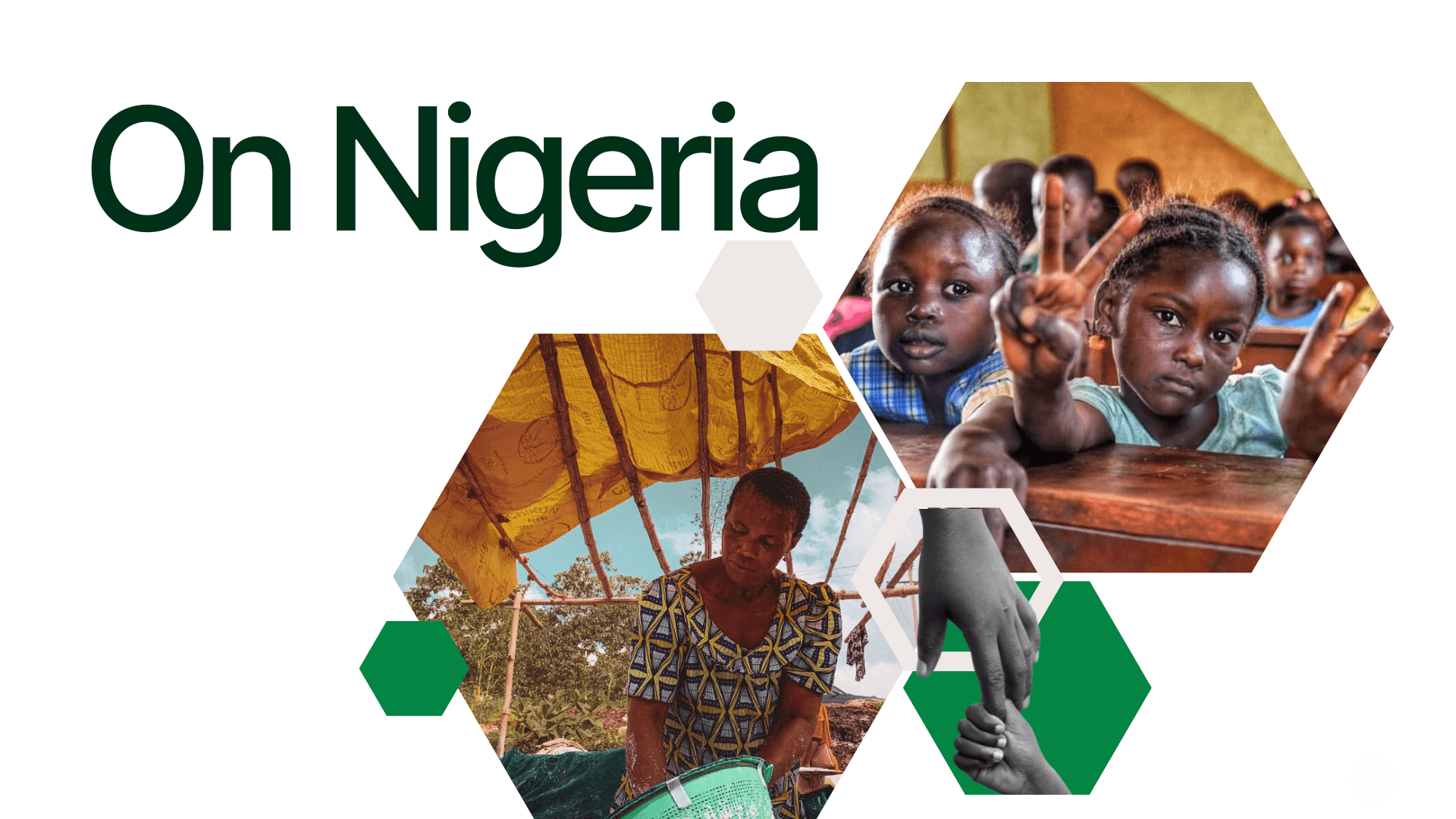This study examines collaborative efforts supported by the MacArthur Foundation’s On Nigeria Program, which seeks to combat corruption by enhancing transparency, participation, and accountability through initiatives led by grantee organizations.
Highlighting three key cases, the study explores how grantees partnered with government bodies, the private sector, and civil society to drive change: strengthening whistleblowing protections, establishing the Administration of Criminal Justice Monitoring Committee (ACJMC) in Gombe State, and implementing the Police Duty Solicitors' Scheme (PDSS) in Abuja.
Findings reveal that these collaborations fostered important relationships between “voice” actors (those demanding accountability) and “teeth” actors (those responsible for enforcing it), raised public awareness of corruption issues, and encouraged more responsive governance.
The study underscores that strong leadership, clear communication, trust-building, and the cohort model promoted by On Nigeria are critical to effective collaboration. However, it also notes ongoing concerns about the long-term sustainability of these partnerships.
